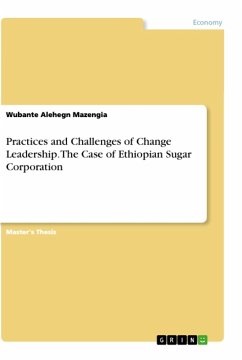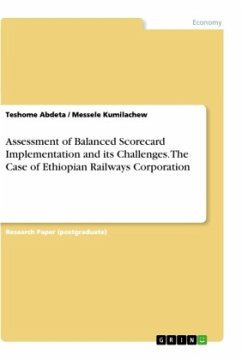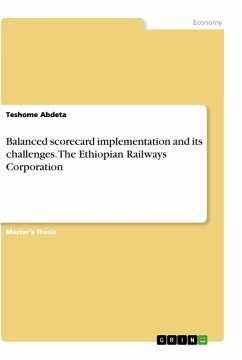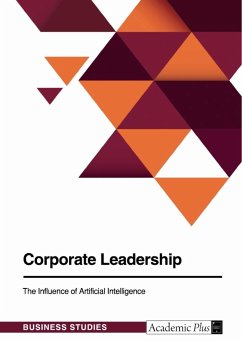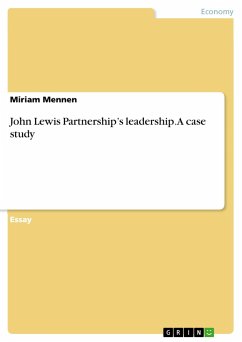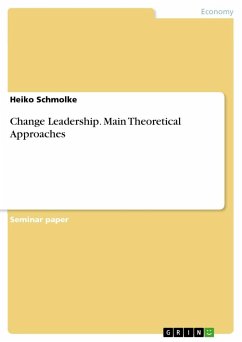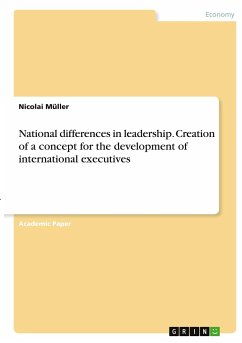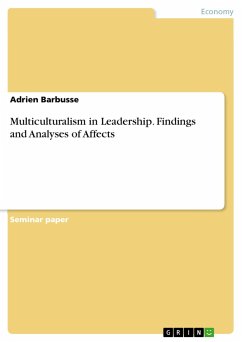Master's Thesis from the year 2020 in the subject Business economics - Business Management, Corporate Governance, , course: MASTER OF ART IN LEADERSHIP, language: English, abstract: This study was conducted in Ethiopian Sugar Corporation with the purpose of analyzing the challenges and practices of change leadership. The data were gathered from employees of the corporation non-manager employees and leader/manager staffs based on their qualification, leadership and academic rank which is important to the researcher's intent based on the selected sample interviews and questionnaires. The researcher involved a mix of quantitative and qualitative methods of data analysis with purposive sampling selection and for a system of thematic analysis such as interviews, focus on key informant, personal observation, and secondary document to look deeper into the meaning of the trends identified in the numerical and textual data to determine its accuracy, credibility, usefulness, and consistency. Organizational change is the movement of an organization away from its present state and toward some desired future state to increase its effectiveness. Regardless of the source or causes of change, all organizations are regularly faced with the need to do just that: change. The process of leading change successfully is not a trivial issue, however. It is fraught with difficulties, and sometimes the results are unsuccessful even for relatively small incremental changes Eric H and Yvonne R. Robert J stated that organizational leadership does not mean having a boss thinking of a command and then watch as it is filtered throughout the rank. Organizational leadership, instead, is the ability of management to understand its employees and company's goals enough to bring everyone together. Furthermore, Robert J observes that frequently an organization with excellent leadership will have employees who feel that their opinions are valued and that their work is highly important to the shared success of the whole organization. Hersey and Blanchard argue that at least equal emphasis must be given to improving the quality of leadership if business is to succeed in achieving greater employee commitment and thereby its profitability.
Hinweis: Dieser Artikel kann nur an eine deutsche Lieferadresse ausgeliefert werden.
Hinweis: Dieser Artikel kann nur an eine deutsche Lieferadresse ausgeliefert werden.

